Financial Benefits of Solar for Australian Homes
Solar panels offer various financial benefits to homeowners, which can significantly impact energy costs and provide a return on investment over time:
Offsetting Energy Consumption: Solar panels generate electricity from the sun, reducing the amount of power you need to purchase from your electricity provider. By utilizing the generated solar power before drawing from the grid, you cut down on your purchased electricity, thereby reducing your energy bills.
Feed-in Tariffs for Excess Energy: Any surplus electricity produced by your solar system can be sold back to the grid through feed-in tariffs. Though the rates for selling back this excess energy are generally lower than the cost of buying electricity from the grid, it still contributes to offsetting costs.
Financial gains from solar panels vary based on factors such as location, system size, cost of electricity, feed-in tariffs, and household energy consumption. The payback period for a solar system can range from 2 to 5 years, depending on these factors. The table you provided shows payback period estimates for different cities and their associated internal rates of return.
Other factors impacting the financial benefits of solar panels include:
Quality and Cost of the Solar System: Investing in a high-quality solar system might involve higher upfront costs but could lead to better efficiency and durability, potentially impacting long-term savings.
Government Incentives and Rebates: Various regions offer incentives or rebates for installing solar panels, which can significantly reduce initial costs and improve the financial outlook.
Potential Property Value Increase: A well-maintained, energy-efficient home with a solar system can potentially increase property value and attract more buyers or renters due to the appeal of lower energy costs.
Environmental Benefits: Beyond financial gains, installing solar power helps reduce a household’s carbon footprint, contributing positively to the environment and supporting the transition towards renewable energy sources.
State-wise estimate of payback period
Based on moderate assumptions for an average household consuming 25kWh daily, equipped with a 6.6kW solar PV system.

The decision to invest in solar panels should consider both the financial benefits and the environmental impact. With decreasing installation costs and rising energy prices, coupled with incentives and an increased focus on sustainable energy, solar power remains a viable and worthwhile investment for homeowners in 2023 and beyond.




